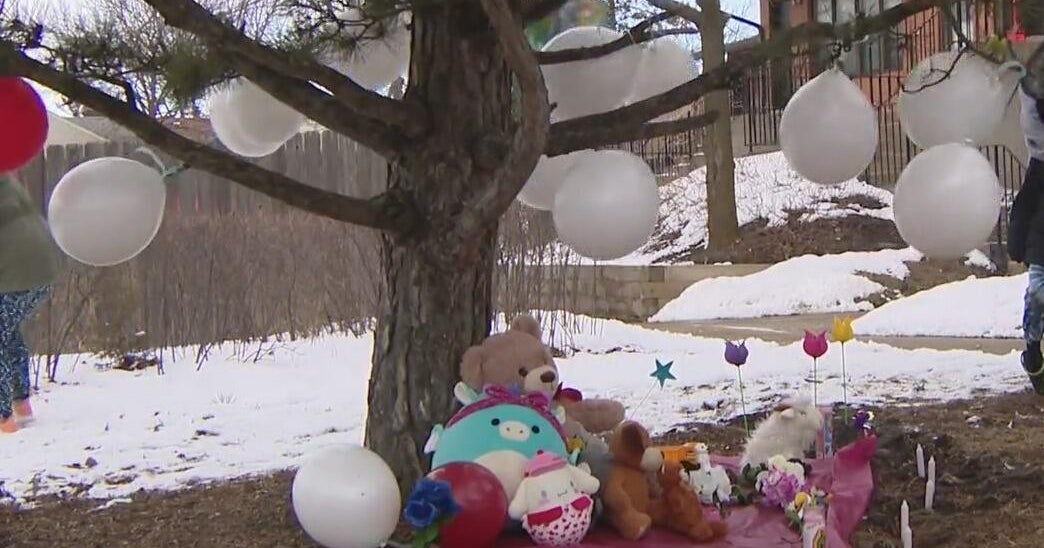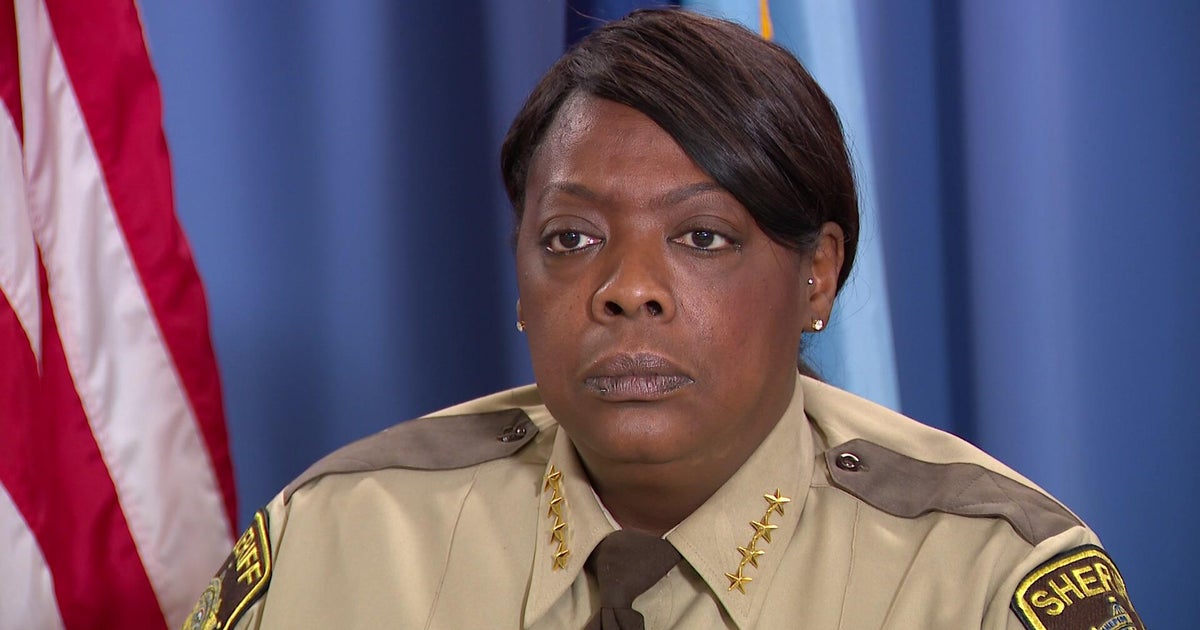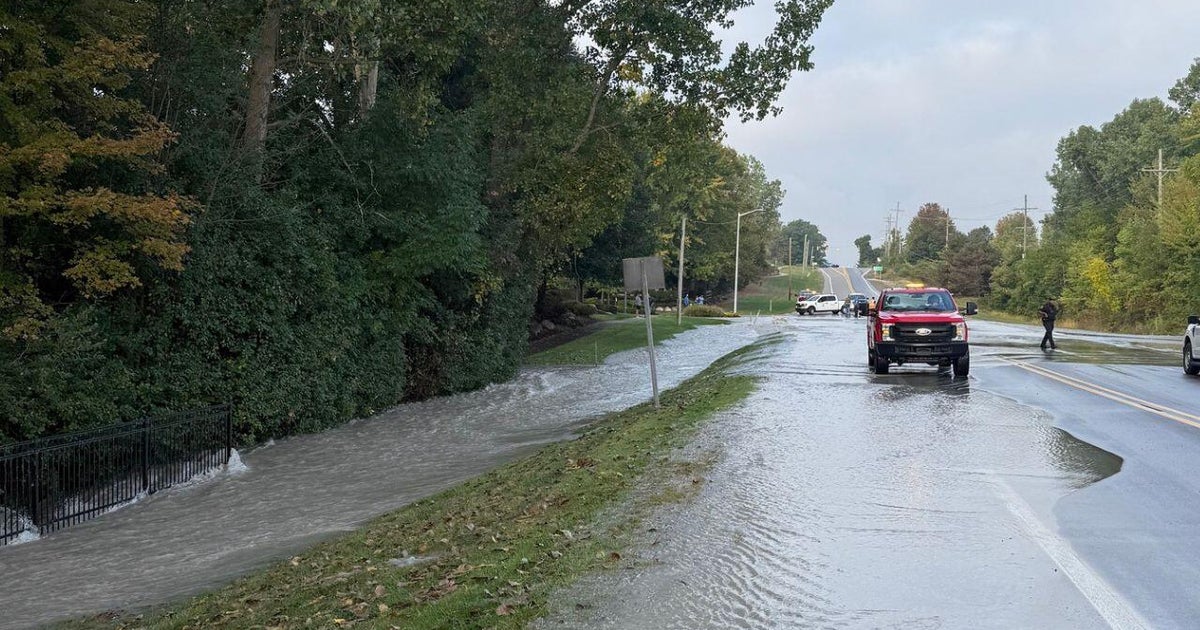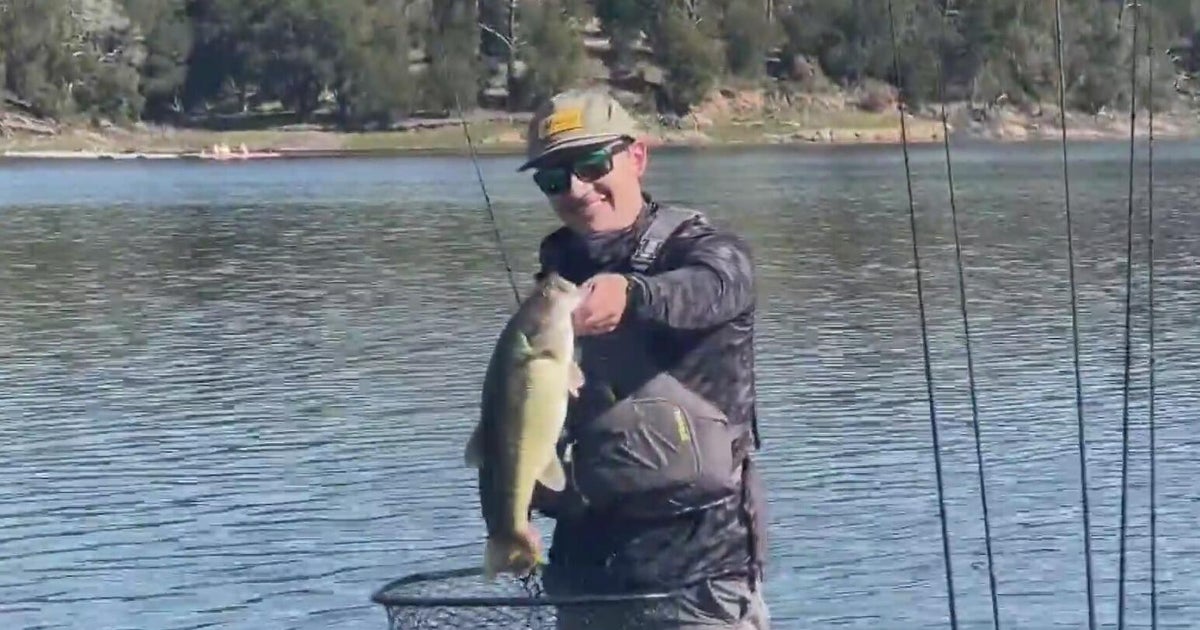Good Question: How Does A Lake Get Its Name?
MINNEAPOLIS (WCCO) -- This is the Land of 10,000 Lakes, or to be more specific, 11,842 lakes. And most of us don't know how any of them got named.
A good number of Minnesota lakes were named more than a century and-a-half ago, during the Millard Fillmore administration. Lake Phalen in St. Paul was actually named after a soldier from Fort Snelling.
Edward Phelan – his name was spelled variously -- lived on the creek that drained out of the lake. And despite his suspect history, the name stuck.
"He kind of got into a little bit of trouble there. He was accused of murder and he left the state," said Pete Boulay, an assistant state climatologist.
Boulay said most lakes were named by the Dakota and Ojibwe tribes. An example would be Lake Winnibigoshish in northern Minnesota. French traders used a French translation from the Native American name for "lake" to name Lake Mille Lacs. Lake Mille Lacs actually means "a thousand lakes."
Lake Minnetonka was Peninsula Lake for about six weeks in 1851, but then Gov. Alexander Ramsey didn't like it.
"Gov. Ramsey went out to visit the lake and he wanted a better name for it, and so he kind of made up a name using Indian words," Boulay said. "Minne meaning 'water', and Tonka meaning 'big.'"
Most lakes are named after a feature. A sandy lake is often named Sandy Lake. A lake with a lot of fish is often named Fish Lake. A lot of lakes are repeats; there are 20 Mud Lakes in Minnesota.
Yet a lot of Minnesota lakes still don't have a name.
Boulay said you can't name a lake after a living person, and you need the signature of 15 registered voters. The county board then votes on it, then the DNR Commissioner, then the federal board.
After that, a lake has a name, officially.
This happens one to three times a year.
"The best names are the ones that are generally accepted by everybody and they make sense with it," Boulay said.
He said whether the word lake is used before or after the lake's name depends on how big the lake is, or how it sounds.
The state doesn't like apostrophes in lake names, because people often mistake them for islands on maps.






